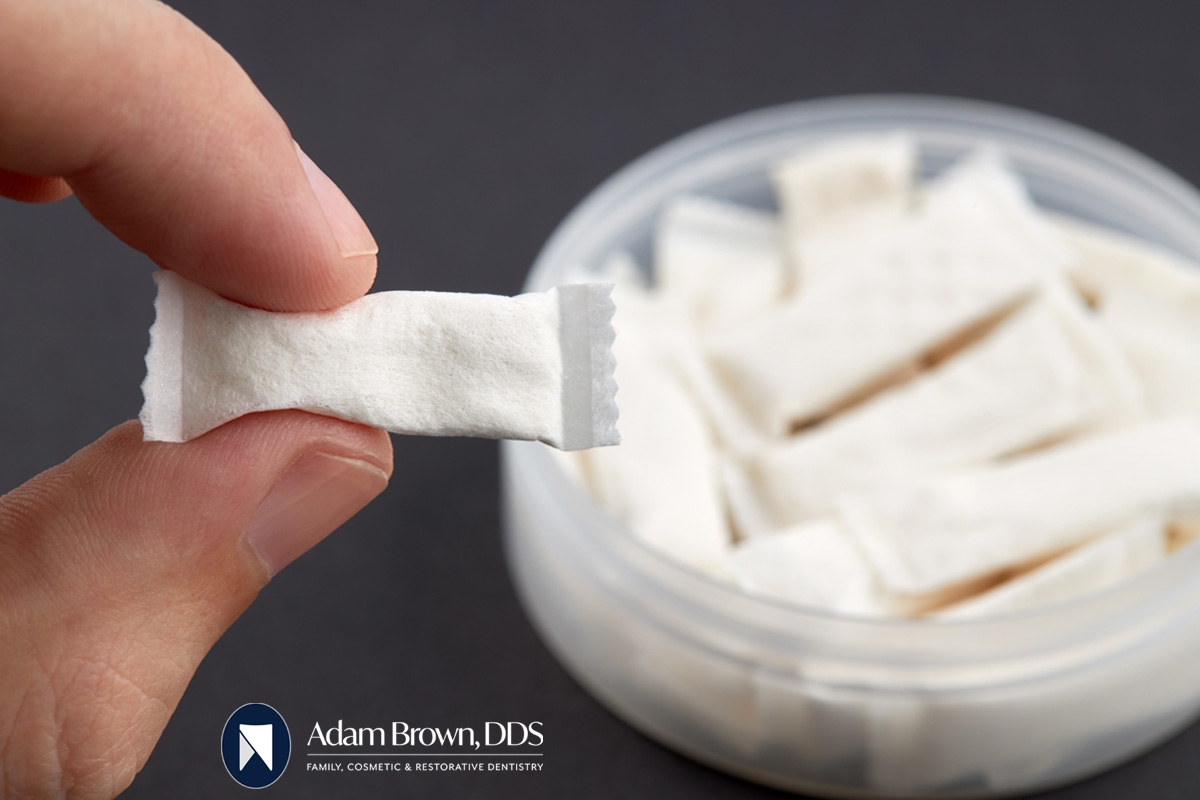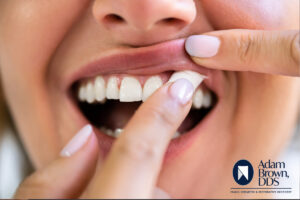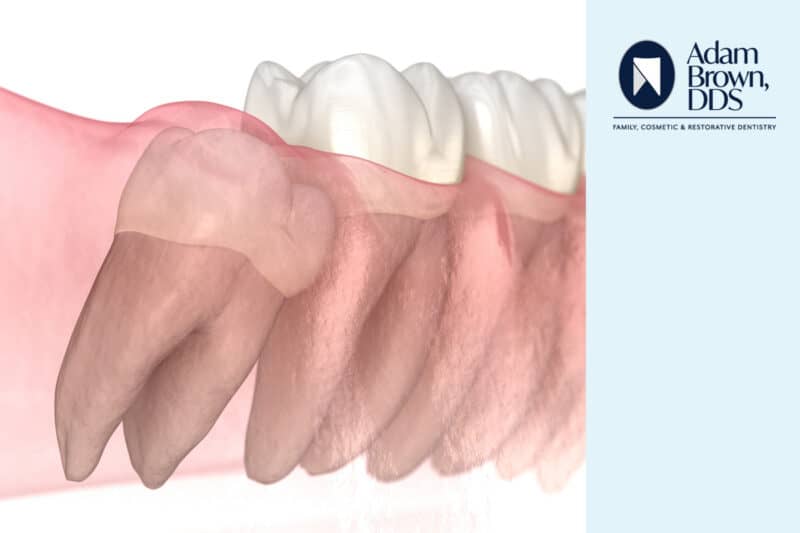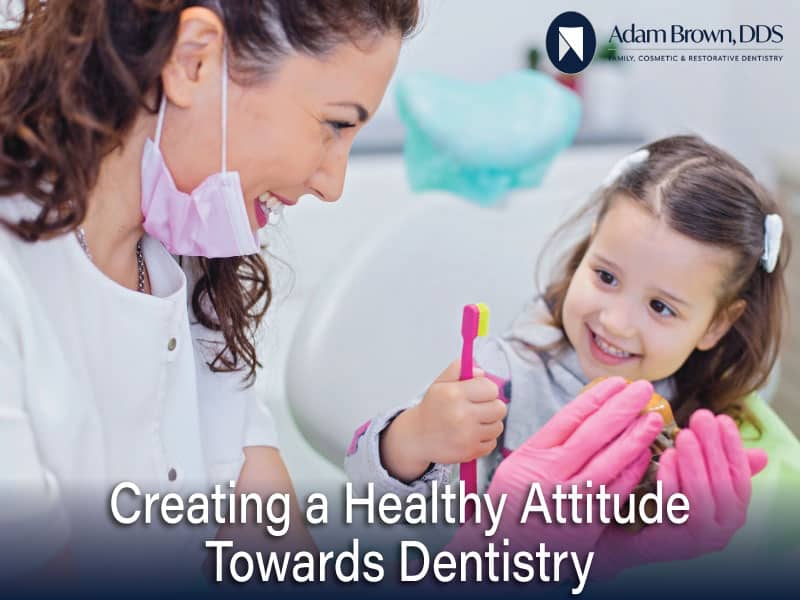Is Teledentistry Around the Corner?
As we continue to see rapid technological advancements, we realize how this growth impacts us. Modern artificial intelligence is both exciting and worrisome, simultaneously making our lives easier while also replacing human presence in certain areas of labor. But, some of the less-intrusive technologies are causing us to rethink how we live our day-to-day lives, as there is the potential for them to make our lives less stressful. One area in particular that is beginning to see a unique change, is dentistry. Teledentistry is the movement of dental systems and methodologies from strictly office visits to the convenience of one’s home or a more central location. The hope is that this new, virtual type of dental practice can make office visits easier for those of us who are homebound or always seem to be on the go. Let’s take a closer look at this modern phenomenon.
Dr. Brown does not offer Teledentistry at this time. Please take this information in and let us know your thoughts. Would you like us to offer this service? Dr. Brown continually explores opportunities like Teledentistry to improve the patient experience for his clients in Monroe, NC.

Teledentistry falls under the umbrella of telehealth, which is a broad array of technologies and practices meant to deliver virtual health, medical, and educational services to patients. More specifically, teledentistry is the use of any virtual methodology within dentistry, and we are beginning to see this happening all over the Western world. This collection of means to provide proper oral care is on the rise and before you decide on if and when you might engage in such a practice, you need to know the ins and outs of what it is precisely, and how it works.
Here are the teledentistry treatment methods on the rise today:
- Live Video (Synchronous) Meeting: An in-the-moment, live interaction between the patient, caregiver, and/or provider using audiovisual telecommunications technology. This is as simple as setting up a Zoom meeting with your dental provider that all takes place from the comfort of your home, office, car, or anywhere there is internet.
- Asynchronous Meeting: This refers to the sharing of recorded information, including video, photographs, digital impressions, etc. from the patient to the practitioner who uses this info to evaluate the patient’s particular condition. Once the dentist has made a thorough assessment, a response is provided to the patient either through the same recorded methods or a phone call/Zoom meeting, whichever the patient prefers. Clearly, this method might take a bit longer than a live video would, but for less serious oral care issues, this is a viable option.
- Remote Patient Monitoring (RPM): Sometimes personal health and medical information is collected from a patient who resides in a different location than the dental provider, and this information is shared via a data processing service or some other electronic means of communication.
- Mobile Health (mHealth): This refers to sharing dental and public health practices through mobile communication–cell phones, tablet computers, and personal digital assistants.
Historically, face-to-face examinations and meetings with a dental practitioner have been the most direct way of providing care, but due to the recent boom in technological advancements, we have expanded the ways dentists can communicate detailed information to patients. According to the American Dental Association (ADA), “…examinations performed using teledentistry can be an effective way to extend the reach of dental professionals, increasing access to care by reducing the effect of distance barriers to care.”
Know Your Rights
There is no denying that teledentistry is a viable patient/dentist communication method, but what should a patient expect in the level of care provided through teledentistry? The ADA has a clear set of patients’ rights and expectations, and every dental patient interested in utilizing any method of teledentistry should know the following information:
- To quell patient insecurity due to the lack of face-to-face interactions, any dental practice engaging in teledentistry must be licensed in the state where the patient receives dental services. This weeds out the potentiality of malpractice because it ensures that the dentist you are telecommunicating with will be operating a legitimate practice.
- All patients engaging in teledentistry have access to the dental practice’s licensure and board certification qualifications and can look over these documents at any time. This is yet another measure set in place to help with transparency–something even more important when you are not conducting in-person communications.
- Every service offered through teledentistry technologies must follow evidence-based guidelines, the same as if the patient were visiting the dental practice in-person, as a means of ensuring quality of care, accurate health assessments and outcomes, and patient safety.
- Everyone working for the dental provider who evaluates patient information, and/or who provides treatment, must inform the patient of his/her credentials. Additionally, the patient must also be informed of any costs he or she will be responsible for covering in advance of any delivery of services.
- All medical, dental, and social history, as well as any relevant demographic and personal information, will be collected before any services using teledentistry technologies and methods are performed. This is to ensure that every service provided via teledentistry is based on a thorough evaluation of the patient (and the patient’s medical history).
- Every service provided through teledentistry technologies will be documented properly and all records and documentation gathered will be available upon request of the patient at any time.
- All services provided through teledentistry include care coordination to guarantee that the patient’s records will be made available to any entity that is operating as the patient’s home dental office. (Care Coordination, according to the National Library of Medicine, is considered to be “The organization of a patient’s care across multiple healthcare providers.”
- Patients who decide to utilize teledentistry will be actively involved in all treatment decisions and will be able to decide how they receive a service that is covered, which includes considerations for urgency, satisfactions, and convenience without any penalty, such as high deductibles, co-payments, or services that a patient pays for after meeting the deductible relative to that of in-person services.
- All services performed using teledentistry will be delivered in accordance with the applicable laws and regulations that concern the privacy and security of patients’ private health information, regardless of where the patient and teledentistry service provider are located.
Is Teledentistry Around the Corner?
In short, yes it is. In fact, it’s not around the corner, it’s right in front of us! Teledentistry is presently on the rise across the globe, and we can even see evidence of it here in the Carolinas. Recently, the North Carolina Oral Health Collaborative, “launched a teledentistry fund with support from the Blue Cross and Blue Shield of North Carolina Foundation. The fund has helped award 20+ grants, including one for Piedmont Health, to purchase annual teledentistry subscriptions.” This is according to their website, and it shows that the growing trend is here, and it’s already thriving.
There are multiple reasons teledentistry is on the rise, but they all have the same thing in common: they all enhance patient care. Here are a few specific ways this new trend in dentistry is beneficial–
- Teledentistry allows accessibility to patients in remote, rural, even underserved areas where people might otherwise not have access to such care.
- Patients can receive dental counsel and care without extensive travel–or, with no travel at all, as the only thing needed is internet and a device (even one’s phone).
- Dentists are able to remotely monitor patient health, which ensures ongoing care without the necessity of regular in-person visits.
- Adjustments to treatment plans can be done quickly and timely interventions can take place if a patient were to experience any issues or complications.
- Teledentisty technologies can be used to educate patients about necessary oral health practices and preventative care.
Have questions about teledentistry? Come talk to us at Adam Brown, DDS and we can help you decide if/which teledentistry services might benefit you.







